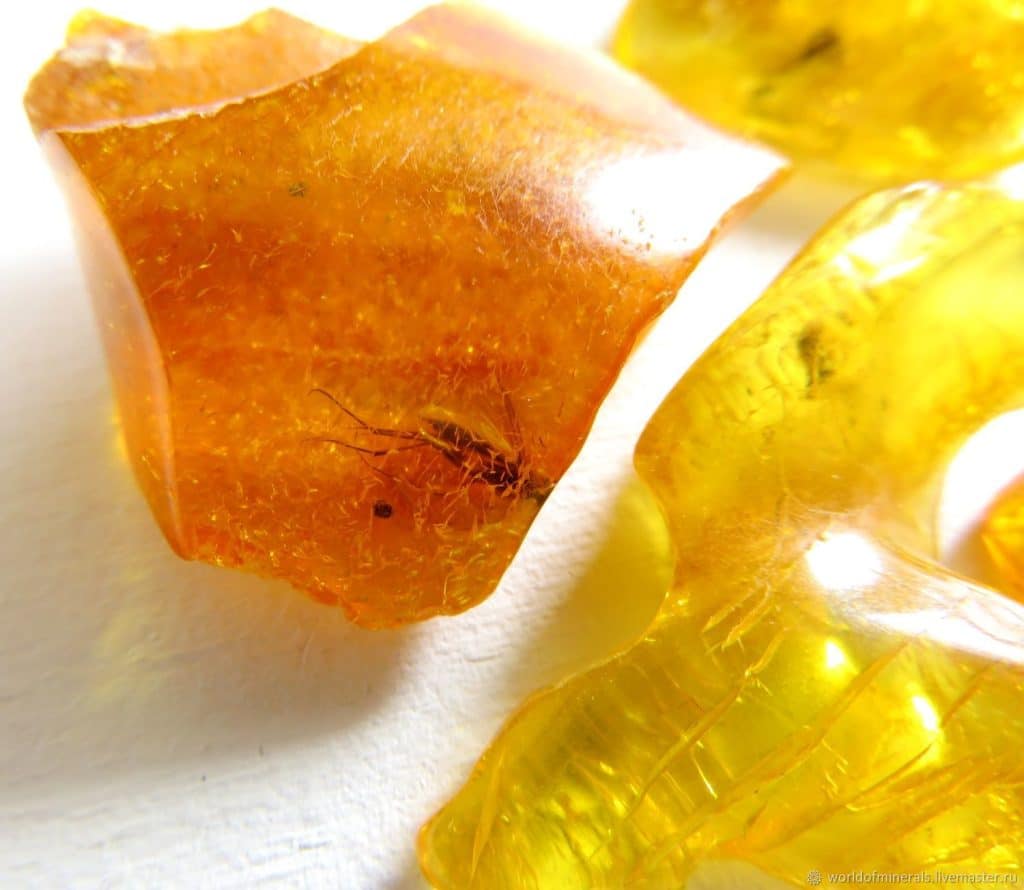Blog
The Healing Power Within: Discovering the Medicinal Properties of Cannabis Concentrates
Cannabis has been used for centuries for its potential medicinal properties, and with the rise of cannabis concentrates, a new frontier of healing possibilities has emerged. In this blog, we will delve into the world of cannabis concentrates and explore their medicinal properties. From pain management to anxiety relief, we will uncover the therapeutic potential that lies within these potent and versatile concentrates. Join us as we embark on a journey of discovery and unveil the healing power of cannabis concentrates.
The Analgesic Effects of Cannabis Concentrates
Pain is a complex and often debilitating condition that affects individuals of all ages and backgrounds. From chronic conditions to acute injuries, finding effective pain relief is a priority for many. Cannabis concentrates have emerged as a potential natural alternative for pain management, offering analgesic properties that can provide much-needed relief.
The analgesic effects of cannabis concentrates can be attributed to the cannabinoids present in these products, particularly THC and CBD. These cannabinoids interact with the body’s endocannabinoid system, a complex network of receptors found throughout the body, including in the brain, immune system, and nervous system. By binding to these receptors, cannabinoids modulate pain perception and reduce inflammation.
THC, the primary psychoactive compound in cannabis, has been widely recognized for its pain-relieving properties. It can act as a potent analgesic by activating the CB1 receptors in the brain and spinal cord, leading to a reduction in pain signals. CBD, on the other hand, has shown promise in mitigating pain through its interaction with various receptors involved in inflammation and pain modulation.
Different strains and concentrates offer varying levels of THC and CBD, allowing individuals to select products that align with their specific pain management needs. For example, high-THC concentrates may be beneficial for severe pain conditions, while CBD-rich concentrates can be effective for individuals seeking pain relief without the psychoactive effects associated with THC.
Choosing the right product for specific types of pain requires careful consideration. For localized pain, topicals such as creams or balms infused with cannabis concentrates can be applied directly to the affected area for targeted relief. Inhalation methods, such as vaporizing concentrates, can provide fast-acting relief for general or systemic pain. Oral consumption of concentrates, such as edibles or tinctures, offers a longer-lasting effect and is often preferred for managing chronic pain.
It is important to note that while cannabis concentrates can offer pain relief, they are not a one-size-fits-all solution. Each individual’s response to cannabinoids may vary, and it is essential to consult with a healthcare professional to determine the most suitable approach for your specific condition. Additionally, dosage, strain selection, and consumption methods should be approached with care to ensure optimal pain management and minimize potential side effects.
The analgesic effects of cannabis concentrate provide an intriguing avenue for individuals seeking natural pain relief. By understanding the interactions between cannabinoids and the endocannabinoid system, individuals can explore the potential of cannabis concentrates to alleviate pain and reduce inflammation. With the guidance of healthcare professionals, the right strain selection, and responsible usage, cannabis concentrates have the potential to enhance overall well-being and provide a path to a life with reduced pain and increased comfort.
Managing Anxiety and Stress with Cannabis Concentrates


In our fast-paced modern world, anxiety, and stress have become all too familiar companions for many individuals. Fortunately, cannabis concentrates present a potential solution for managing these challenges and promoting relaxation. In this section, we will delve into the calming effects of cannabis concentrates on the mind and explore their anxiolytic properties. Specifically, we will focus on the role of CBD and specific terpenes in reducing anxiety and stress. CBD, a non-psychoactive compound found in cannabis, has shown promise in studies for its anxiolytic effects, helping to calm the mind and alleviate symptoms of anxiety. Additionally, certain terpenes, such as linalool and limonene, found in cannabis strains, contribute to the overall relaxing and stress-reducing effects. We will also discuss different consumption methods, such as vaporization or oral ingestion, and dosage considerations for individuals seeking anxiety relief. It is important to note that each person’s response to cannabis concentrates may vary, and consulting with a healthcare professional is recommended to ensure safe and effective use. By exploring the calming properties of cannabis concentrates and understanding the appropriate consumption methods, individuals can discover a natural approach to managing anxiety and stress, fostering a greater sense of well-being and tranquility.
Promoting Restful Nights with Cannabis Concentrates


A good night’s sleep is essential for our physical and mental well-being, yet many individuals face difficulties in achieving restful nights. Fortunately, cannabis concentrates have emerged as a potential solution for improving sleep quality and addressing insomnia. In this section, we will explore the sleep-enhancing properties of cannabis concentrates and how they can help regulate sleep patterns and promote relaxation. Certain cannabinoids, such as CBD and CBN, have shown promise in supporting sleep by interacting with the body’s endocannabinoid system. These compounds may help reduce anxiety, alleviate pain, and induce feelings of relaxation, all of which contribute to better sleep. Additionally, specific terpenes, such as myrcene and linalool, found in certain strains of cannabis, have sedative and calming effects that can further enhance sleep quality. We will also discuss recommended strains and consumption methods for individuals seeking better sleep, such as using Indica-dominant strains or incorporating concentrates into bedtime routines. It is important to note that individual responses to cannabis may vary, and it is advisable to consult with a healthcare professional before incorporating cannabis concentrates into your sleep routine. By exploring the sleep-enhancing potential of cannabis concentrates, individuals can find a natural and potentially effective approach to improving their sleep quality and overall well-being.
Exploring the Potential of Cannabis Concentrates for Mood Disorders


Mental health conditions such as depression and post-traumatic stress disorder (PTSD) can have a profound impact on an individual’s well-being and overall quality of life. While traditional treatment approaches exist, emerging research suggests that cannabis concentrates may offer potential benefits in managing these mood disorders. In this section, we will delve into the therapeutic potential of cannabis concentrates for supporting mental health.
Cannabis concentrates contain cannabinoids, such as THC (tetrahydrocannabinol) and CBD (cannabidiol), which interact with the body’s endocannabinoid system. This complex system plays a crucial role in regulating various physiological processes, including mood and emotions. By engaging with specific receptors in the brain, cannabinoids can modulate the release of neurotransmitters associated with mood regulation, such as serotonin and dopamine.
Studies have shown that cannabis concentrates, particularly those high in CBD and low THC may have mood-enhancing effects. CBD, in particular, has been recognized for its anxiolytic and anti-depressant properties. It may help reduce anxiety levels, alleviate symptoms of depression, and promote a sense of calm and well-being.
Certain strains and concentrates are known for their uplifting and mood-enhancing effects. Sativa-dominant strains, for example, are often associated with energizing and euphoric sensations. Additionally, concentrates that contain specific terpenes, such as limonene or linalool, may have mood-boosting properties.
It is important to note that the effects of cannabis concentrate on mood disorders can vary depending on the individual, the specific strain or concentrate used, and other factors. Consulting with a healthcare professional or a knowledgeable budtender can help guide you in selecting the most appropriate product for your needs and desired effects.
While cannabis concentrates may show promise in supporting mental health, it is crucial to approach their use with caution and under the guidance of healthcare professionals, especially for individuals with pre-existing mental health conditions or those taking other medications. It is also important to note that cannabis should not be viewed as a standalone treatment but rather as a potentially complementary approach to a comprehensive mental health management plan.
By exploring the potential of cannabis concentrates in supporting mental health and understanding their interaction with brain receptors involved in mood regulation, individuals may discover new avenues for managing mood disorders. However, further research is needed to better understand the efficacy, safety, and long-term effects of cannabis concentrates for mental health conditions.
Exploring the Medicinal Properties of Cannabis Concentrates
The medicinal properties of cannabis concentrates are a subject of growing interest and research. From relieving pain and inflammation to managing anxiety, improving sleep, and supporting mental health, these concentrates offer a realm of potential healing possibilities. However, it is important to approach their use with caution and seek guidance from healthcare professionals, especially for individuals with pre-existing medical conditions. By understanding the therapeutic potential of cannabis concentrates and making informed choices, we can unlock the healing power within and embrace their potential for enhancing our well-being.


